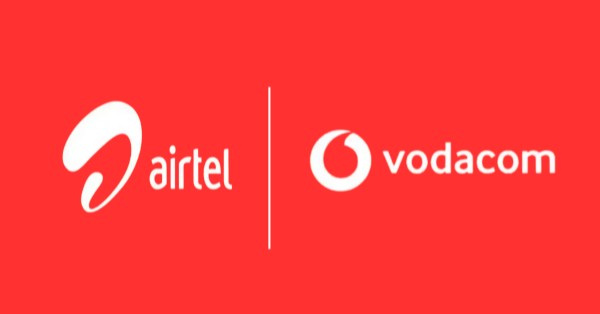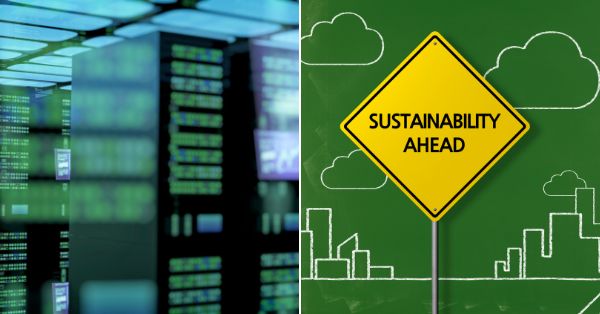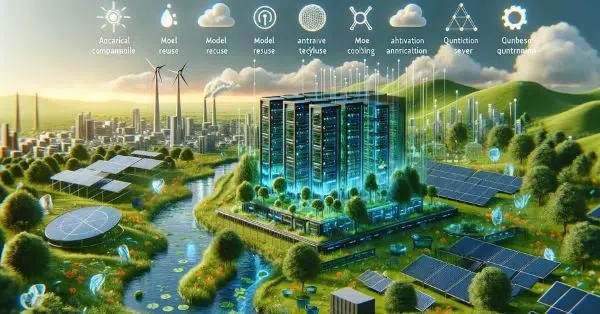Vodacom and Airtel Africa Strike Infrastructure Sharing Deal Across Key African Markets
Vodacom Group and Airtel Africa have entered a strategic agreement to share critical telecom infrastructure in Mozambique, Tanzania, and the Democratic Republic of Congo (DRC). The partnership aims to expand high-speed connectivity, lower infrastructure costs, and accelerate the rollout of digital services in some of Africa’s fastest-growing mobile markets.
The deal, which is still subject to regulatory approval in each country, covers the sharing of fiber networks and towers and small cells to improve service reach and efficiency.
Driving Digital Inclusion Across Africa
According to the companies, this collaboration represents a significant step toward bridging Africa’s digital divide. By leveraging existing infrastructure, the partnership will deliver faster Internet speeds, more reliable services, and expanded coverage, particularly in underserved rural and remote areas.
Vodacom Group CEO Shameel Joosub emphasized that the move aligns with the operator’s broader mission of empowering communities through connectivity.
“Providing connectivity to empower people is at the core of our strategy. Our partnership with Airtel Africa is a proactive step toward creating a sustainable, inclusive, and connected digital future for the continent,” Joosub said.
He added that the agreement supports Vodacom’s ambition to connect 260 million customers by 2030 while ensuring cost-effective and scalable network solutions to meet Africa’s growing demand for data services.
Airtel Africa’s Push for 4G and 5G Expansion
Airtel Africa CEO Sunil Taldar echoed Joosub’s vision, noting that working together—despite being competitors—has become a business imperative in today’s telecom landscape.
“Even as competitors, it is essential to collaborate on critical infrastructure that supports resilient networks capable of meeting the growing demand for data-enabled products and services,” Taldar said.
Taldar highlighted that accelerating the deployment of fiber connectivity will be a key driver for wider adoption of 4G and 5G technologies across Africa. These upgrades will provide low-latency, high-capacity, and reliable connections to power emerging digital applications, from mobile banking to remote healthcare and e-learning.
Lower Costs, Faster Rollout
By sharing towers and fiber infrastructure, both operators aim to:
-
Reduce capital expenditure and operational costs.
-
Speed up service delivery in both urban and rural areas.
-
Enhance the customer experience with better coverage and faster speeds.
-
Support broader access to digital and financial services.
The collaboration is also expected to improve energy efficiency by reducing the need for duplicate infrastructure, which could contribute to greater sustainability in the telecom sector.
Part of a Growing Infrastructure Sharing Trend
This deal is the latest in a wave of infrastructure sharing agreements across Africa’s telecom industry.
-
In March 2025, MTN and Airtel Africa announced network sharing in Uganda and Nigeria.
-
In January 2025, Vodacom and Orange committed to jointly building 2,000 solar-powered base stations in the DRC over six years.
-
In January 2024, Algérie Télécom and Ooredoo Algeria signed an infrastructure sharing agreement to improve network reach and service innovation.
Industry analysts see these deals as critical to meeting Africa’s growing connectivity needs without overburdening operators with rising infrastructure costs.
Looking Ahead
The Vodacom–Airtel Africa partnership could serve as a blueprint for future cross-operator collaborations. By combining resources, the two companies aim to extend mobile, fixed, and financial services to more users, while building the resilient, high-capacity networks required to support Africa’s shift toward a digital-first economy.
If regulatory approvals are granted, rollout activities could begin later this year, paving the way for faster adoption of 4G, 5G, and future-ready services in these strategic markets.































